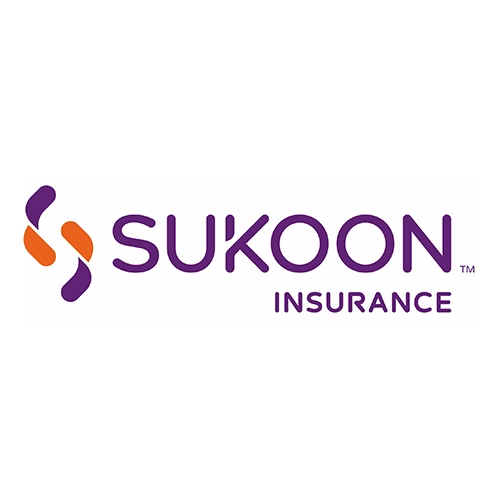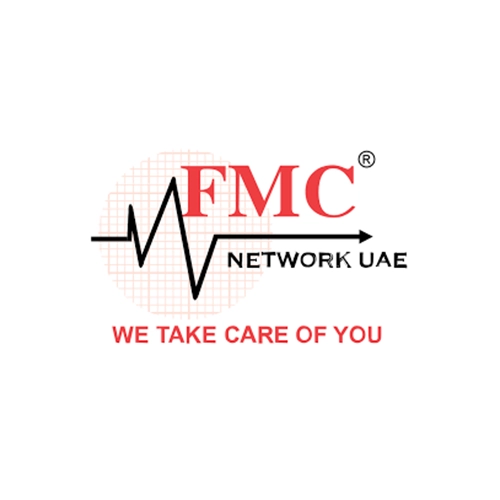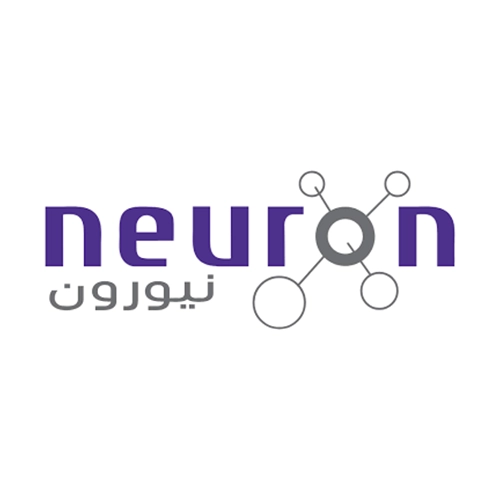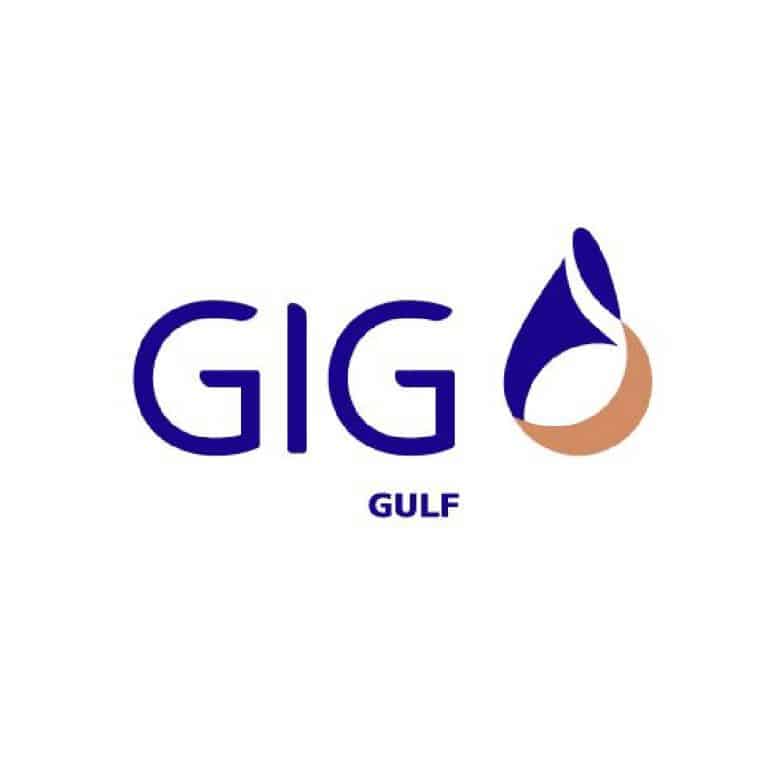Anorectal Problems
Understanding Anorectal Problems
Definition and Types
Anorectal problems encompass a range of conditions affecting the anus and rectum. Conditions such as hemorrhoids, anal fissures, fistulas, and abscesses fall under this category. Understanding the nuances of each condition is crucial for accurate diagnosis and effective treatment.
Common Symptoms
Recognizing the symptoms associated with anorectal problems is essential for seeking timely medical attention. Symptoms may include rectal bleeding, pain during bowel movements, itching, and changes in bowel habits. Yugen Care emphasizes the importance of early detection to facilitate prompt intervention and improve treatment outcomes.
State-of-the-Art Diagnostic Procedures
At Yugen Care, we utilize advanced diagnostic tools to accurately identify anorectal problems. Our experienced medical professionals may employ techniques such as:
Digital Rectal Examination (DRE): A non-invasive procedure where a gloved, lubricated finger is inserted into the rectum to assess for abnormalities.
Anoscopy: This procedure involves using a lighted tube to examine the anus and lower rectum, providing a closer look at potential issues.
Colonoscopy: In cases where deeper examination is required, a colonoscopy may be recommended to visualize the entire colon and rectum.
Personalized Treatment Plans
Hemorrhoid Management
a. Lifestyle Modifications: Yugen Care encourages lifestyle adjustments, including dietary changes and increased physical activity, to alleviate symptoms associated with hemorrhoids.
b. Minimally Invasive Procedures: For more severe cases, our clinic offers minimally invasive procedures such as rubber band ligation, sclerotherapy, and infrared coagulation to effectively treat hemorrhoids.
Anal Fissure Solutions
a. Topical Medications: Yugen Care may prescribe topical creams or ointments to promote healing and alleviate discomfort associated with anal fissures.
b. Dietary Recommendations: A personalized diet plan, rich in fiber and fluids, is often recommended to prevent constipation and facilitate the healing process.
Fistula and Abscess Treatments
a. Surgical Interventions: In cases of fistulas and abscesses, surgical procedures such as fistulotomy or abscess drainage may be performed to eliminate the source of infection.
b. Antibiotic Therapy: When infection is present, Yugen Care may prescribe antibiotics to prevent further complications and promote healing.
Holistic Patient Care
Pain Management
Yugen Care prioritizes patient comfort, employing various pain management strategies to ensure a positive treatment experience.
Emotional Support
Our clinic recognizes the emotional impact of anorectal problems and provides a supportive environment where patients can discuss concerns with compassionate healthcare professionals.
Follow-Up Care
Post-treatment, Yugen Care emphasizes the importance of regular follow-up appointments to monitor progress, address any concerns, and make necessary adjustments to the treatment plan.
Conclusion
At Yugen Care, we strive to provide the highest quality care for individuals facing anorectal problems. Our personalized approach, advanced diagnostic techniques, and a comprehensive range of treatment options set us apart. Trust us to guide you on the path to recovery and optimal well-being. Your health, your comfort, and your peace of mind are our utmost priorities.
FAQ
Anorectal problems encompass a range of conditions, including hemorrhoids, anal fissures, abscesses, fistulas, and more. Each condition has its own causes and symptoms.
Identifying the cause involves a thorough medical history, physical examination, and in some cases, diagnostic tests such as anoscopy, colonoscopy, or imaging studies.
Symptoms can include pain, itching, bleeding, changes in bowel habits, or the presence of a lump or swelling in the anal area. The specific symptoms help guide the diagnosis.
Treatment may include dietary changes, topical medications, and in some cases, minimally invasive procedures or surgery, depending on the severity and type of anorectal problem.
Yes, anorectal problems may be associated with conditions such as inflammatory bowel disease, infections, or colorectal cancer. Identifying and managing the underlying condition is crucial.
Pregnancy can increase pressure on the veins in the pelvic area, leading to an increased risk of hemorrhoids. Lifestyle modifications and proper prenatal care can help manage these issues.
Yes, a diet high in fiber and adequate fluid intake can promote regular bowel movements, reducing the risk of constipation and certain anorectal problems.
Treatment Now, Pay Later!




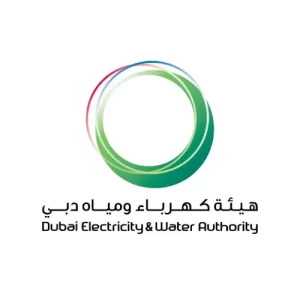





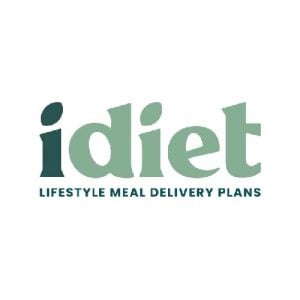
Insurance ease!


